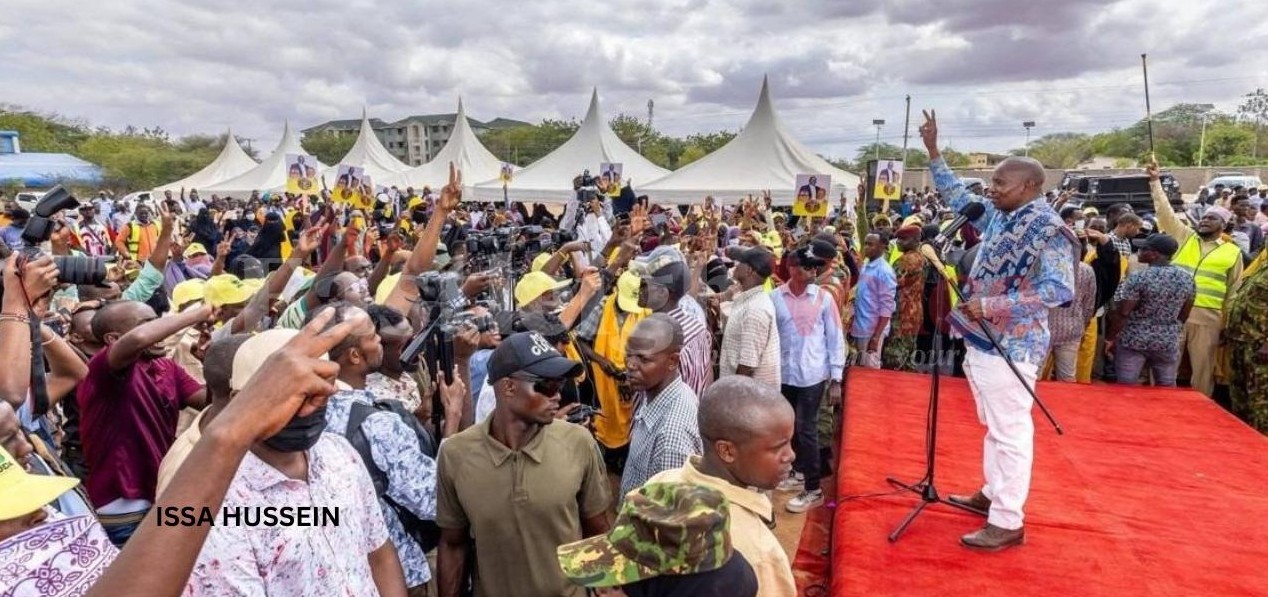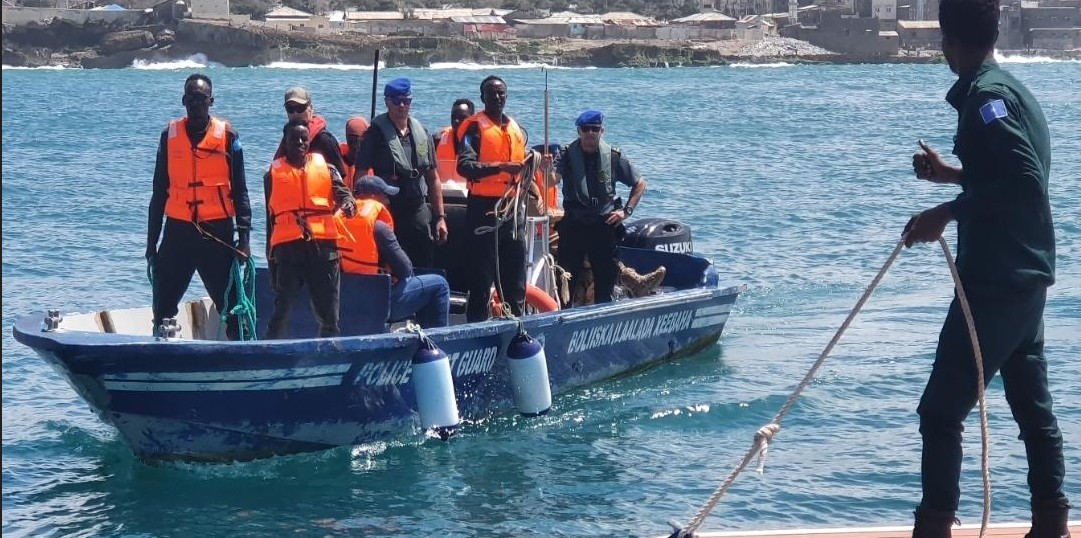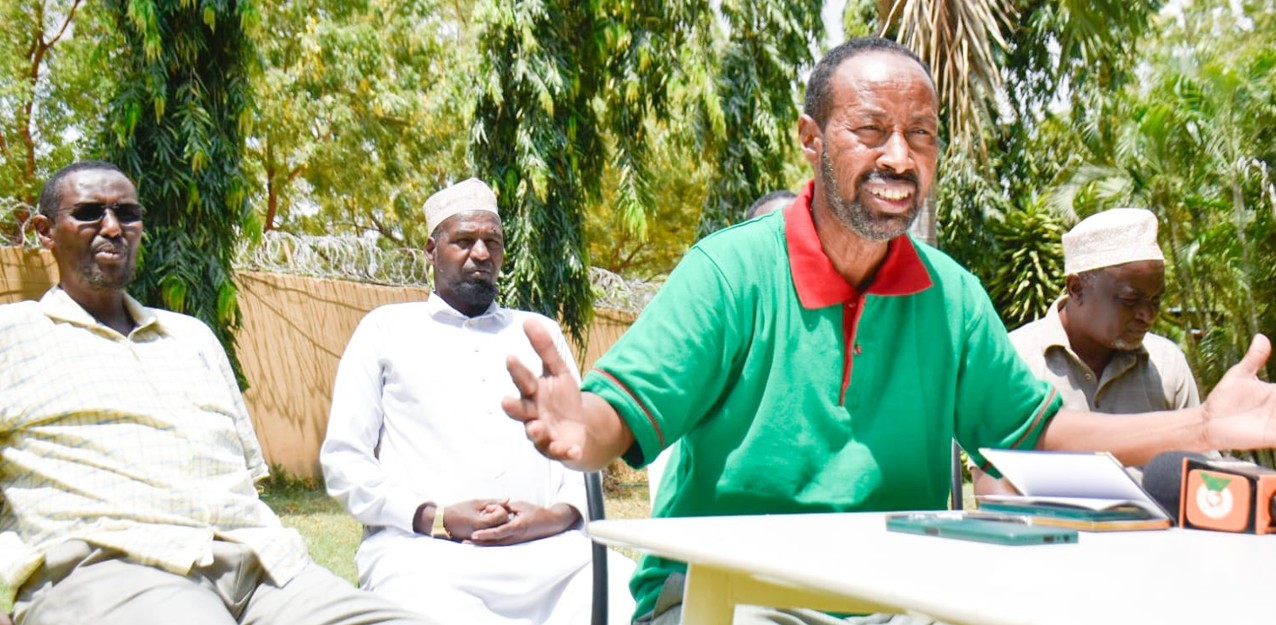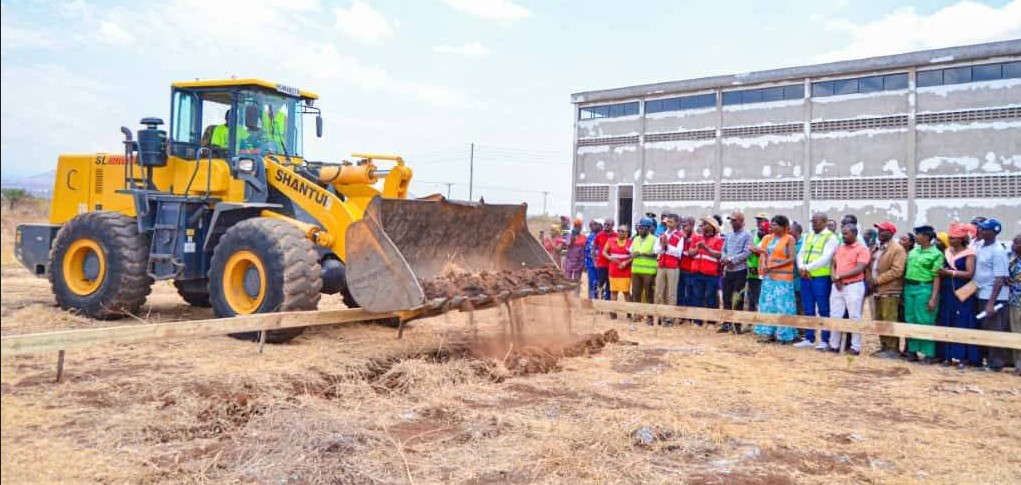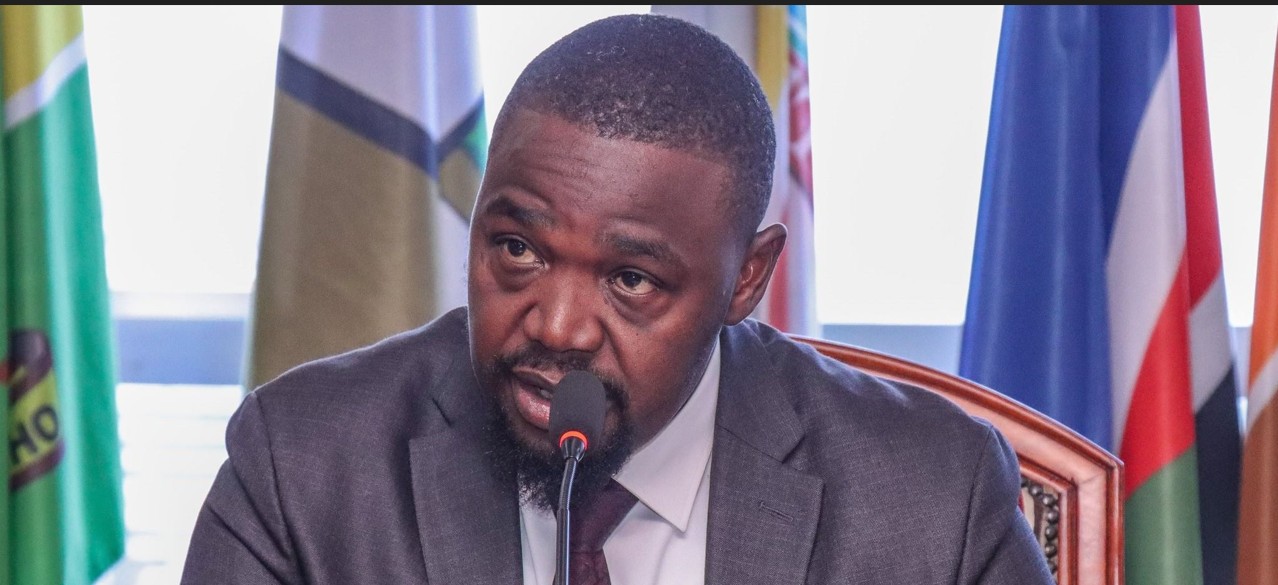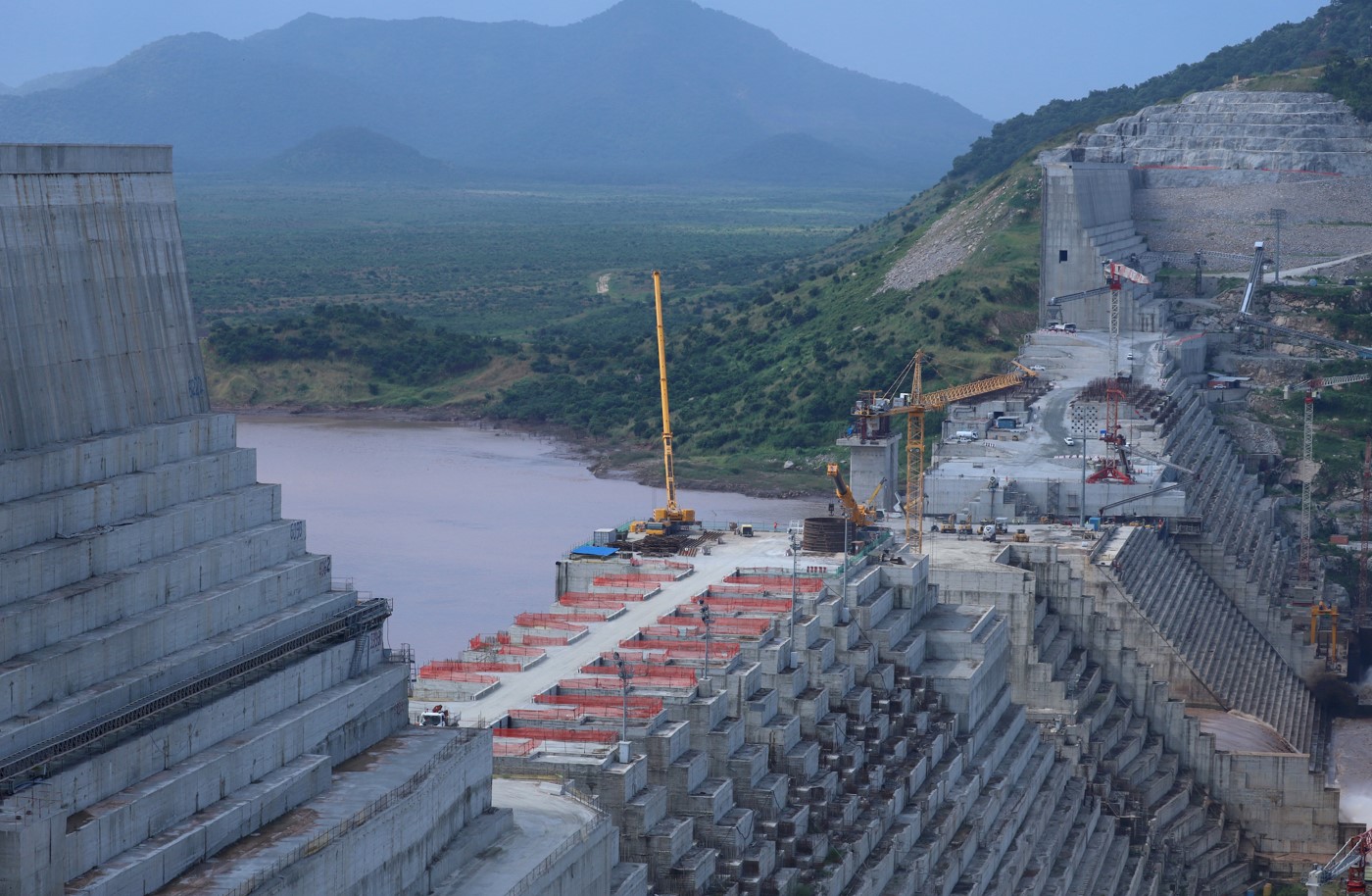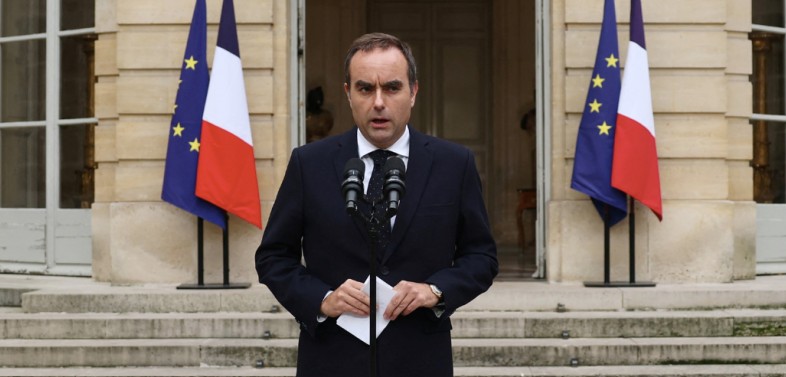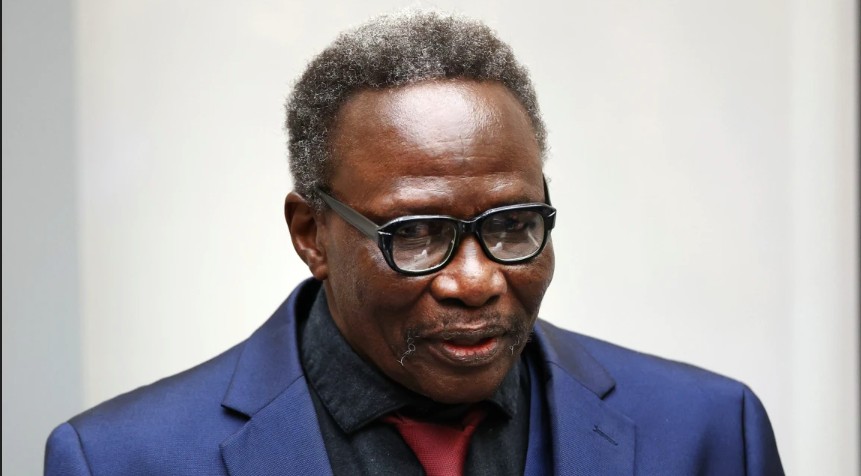World Bank, IMF maintain stance on compelling poor states to increase taxes
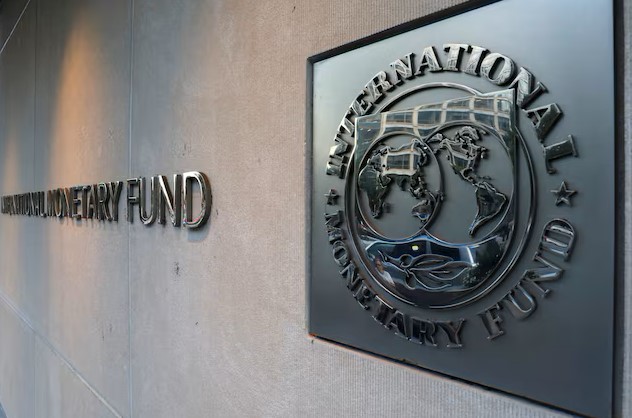
A latest debt, macroeconomics, trade and investment update by the World Bank, says the two lenders will jointly remain firm on their push for domestic resource mobilisation beside other debt sustainability measures.
Multilateral lenders, the World Bank and the International Monetary Fund (IMF) have jointly maintained a stance to compel debt-stricken countries such as Kenya to increase taxes to manage their debts and stay afloat.
A latest debt, macroeconomics, trade and investment update by the World Bank, says the two lenders will jointly remain firm on their push for domestic resource mobilisation beside other debt sustainability measures.
More To Read
- Turkana validates new investment plan for sustainable water use
- Kenya secures Sh193 billion loan to cut borrowing costs, boost stability
- Africa’s 2030 electrification mission surges, connecting 30 million in first year
- Congestions, delays push Mombasa Port to position 375 of 403 worldwide- World Bank
- IMF says elections, climate shocks threaten Tanzania’s economic gains
- Inequality, fragile trust threatening global progress on social justice - ILO
This is towards the developing countries that are currently in a funding programme with the lenders.
"While we avoided a systemic debt crisis so far, higher interest payments and debt redemptions are stifling growth and employment while also placing significant pressures on many countries' public finances," the notice reads.
Left unaddressed, it says these liquidity pressures could lead to solvency problems for many vulnerable countries.
In other words, the World Bank says what is now a squeeze on public finances could morph into a debt crisis, with substantive implications for growth, job creation, and poverty.
"The IMF and the World Bank together therefore propose a package of actions to support low-income countries and other vulnerable countries as they work to manage these pressures to create more room in government budgets to support growth and build resilience," reads the notice.
Going forward, the lenders reiterate that they will stick to their three initial pillars with a key focus being on domestic resource mobilisation.
"Our joint new IMF/ World Bank Domestic Resource Mobilisation Initiative will provide policy advice and capacity development assistance to help countries implement needed reforms."
The World Bank further says the directive will seek to ensure a call for improving the effectiveness of public spending, increasing government revenues to meet priority needs, and developing domestic financial markets to channel savings to productive uses.
The other pillars are focused on further international support and the focus on reducing the debt servicing burden.
This latest development mirrors the recent pronouncement by the IMF on Kenya's debt issue, saying Kenya had itself to blame regarding the youth-led anti-tax demos that struck the nation in the better part of June.
This was after a section of policy and economic analysts in the country blamed the IMF for their ever-increasing conditionality on its funding programme that saw the government respond with more tax proposals in the 2024 Finance Bill.
Despite the pointing fingers, the lender opted not to back down on the conditions it had imposed on the country.
Economic think-tank, the Institute of Economic Affairs, for instance, noted that the IMF since the onset of its funding programme with Kenya in 2021, has overburdened the country with conditions that kept pushing the economic prospects between a rock and a hard place.
The programme, in its initial stage, started with 26 conditions, of which a breach of any could in principle have caused disbursements to stop.
IEA says that number had ballooned by the 6th review to 36, including those associated with borrowing under the Resilience and Sustainability Trust which began with the fifth review.
The Kenya-IMF programme is now at the seventh review stage.
Nevertheless, the lenders say they will stick to the measures and conditionalities and keep refining them up until the IMF-World Bank Annual Meetings in October, which will include discussion on new and further measures through a global sovereign debt roundtable.
Top Stories Today


